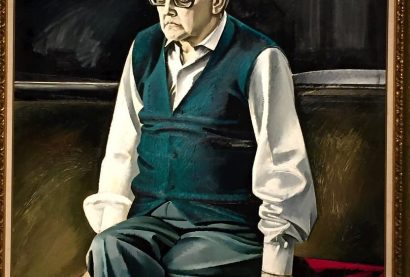The son of an engineer and grandson of a Polish revolutionary, Dmitri Shostakovich, was born in Saint Petersburg, Russia, with a musical talent noted by his mother, a pianist. Dimitri went to study the Dimitri went to study the musical arts at the Petrograd Conservatory at 13 and graduated when he was 19 years old.
Political sensitivities
Because of the nature of the political environment he lived in, the composer and pianist had a difficult career. Pravada, a newspaper owned and operated by the Communist Party in the Soviet Union, harshly criticized his work for the first time after Joseph Stalin himself attended to listen to one of his early works, known as Lady Macbeth of the Mtsensk District. Other artists felt the pressure to criticize his job even if they admired him.
After his light ballet, The Limpid Stream, Dimitri feared that he will go to jail. The Chairman of the USSR State Committee on Culture instructed him to reject his "formalist errors". Formalism was form of music or art that simply lacked the political propaganda. Because of the Soviet campaign against art that did not toe the line, Shostakovich's income fell sharply. This repressive environment affected the work of the composer and got him in trouble during his later years.
WWII and the Battle of Leningrad
However, the Soviet government supported his art during WWII. His most famous work is the Seventh Symphony, which he composed while living under the siege of German forces in his home city (named “Leningrad” at the time). The Soviet forces conducted offensive operations against the Germans to silence them during the Philharmonic Hall's performance to lift the residents' spirits from mass starvation and sickness and use it as a form of psychological warfare against German forces.
The piece was played by hungry, sick, and tired musicians who were victims of a brutal siege. It displayed the peaceful life before the Nazi invasion, the horrors and pains of the war, and the heroism of Leningrad's population in the face of brutality. The symphony was heard by some in the German army stationed at Leningrad and were touched by the music. It displayed a strong will that Leningrad's people had when placed against the most hopeless situation humanity can experience.
Photo Credit: Tahir Salahov. Portrait Of Dmitri Shostakovich (1974-1976). The link: https://www.flickr.com/photos/botalex/25361669061/sizes/l/
Sign up for one of our upcoming events soon!!

